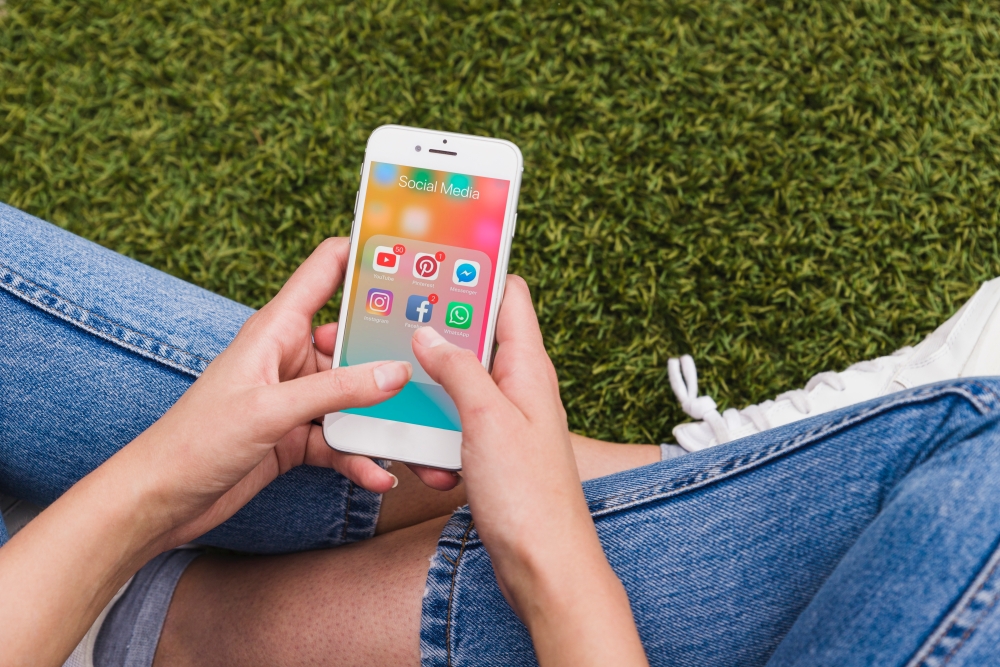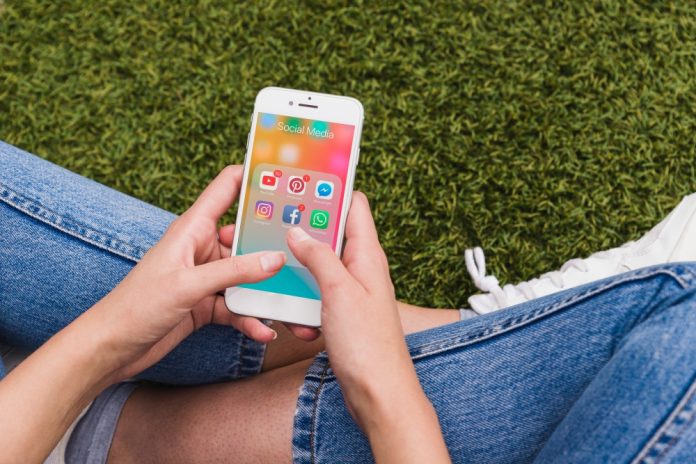We always hear about Internet hackers targeting private desktop computers, commercial computer networks, and laptops surfing public Wi-Fi networks—but what about smartphones?
Unfortunately, your iPhone isn’t entirely safe while connected to the Internet. Even though Apple’s privacy standards are strict—and its digital defense groundwork sturdy—an iPhone is still a computer. So, even if you’re careful about where your handheld device goes, it’s still possible to accidentally put it at Risk—as well as your personal information.

iPhone Security: What’s the Risk?
There are ways to keep your iPhone safe while browsing the Internet—even if you browse the online world frequently. The best way is to protect your iPhone with a VPN, as mobile VPN apps tend to offer incomparable levels of security. To understand why a VPN is so effective, though, one needs to understand where iPhones aren’t exactly hacker-proof, to begin with.
Let’s Define Mobile “Hacking,” First We know what desktop hacking is—but what about smartphone-based hacking?
When it comes to iPhones, we’ll need to reconsider what “hacking” is, in its traditional term use: In any other case, hacking refers to illegally gaining access to a computer, specifically through its network, to either steal, exploit, damage or destroy a person’s digital property—or even their personal information.
When we enter the world of smartphones, however, this changes. “Hacking,” in the context of an iPhone, can extend well beyond gaining access to a device holders’ private information. It also includes using the targeted iPhone to remotely spy on its owner. It can also include secretly changing the way an iPhone operates in general.
iPhone “Jailbreaking”
It’s possible to “hack” your own iPhone—and people often do. “Jailbreaking,” or installing a different, modified version of the smartphone’s iOS, can remove Apple’s device restrictions. Some iPhone owners choose to do this as a way to customize their devices, and other tech-minded users, such as mobile developers, might do this to explore the full potential their smartphone has to offer.
Unfortunately, this also means malicious users can jailbreak an iPhone, too. While this involves having access to the physical device, one can jailbreak an iPhone without the iPhone user’s knowledge. This can happen if your iPhone is acquired without your knowledge—even briefly so. This can also happen during your device’s repair if an unsupported service provider services it.
And, as in the most common jailbroken iPhone hacking events, it can happen if you’ve accessed the Internet via an iPhone you’ve jailbroken yourself.
The Primary Threat: Malware
More often than not, iPhones that haven’t been jailbroken are pretty safe from online threats: Apple, similar to Google, utilizes a mobile-app-centric OS design called “sandboxing.” Sandboxing, more or less, is the mobile OS design in which a smartphone’s different programs are “sectioned off” throughout a device’s framework. Each section, or sandbox, offers plenty of ways to explore. At the same time, each sandbox is still contained within its framework—keeping each app safe within its own walls.
As such, any iPhone app which encounters malicious software while being Internet connected is generally safe: If you accidentally encounter malware via Facebook Messenger, for example, the harmful malware won’t get very far—as it’ll be blocked in by the app’s “sandbox walls.”
All the same, the core digital threat facing iPhone owners is the very same we’ve just mentioned: malware.
Malware isn’t uncommon when it comes to iPhones. In the past, even some apps on the App Store have been classified as such. Meanwhile, zero-day exploits have been discovered in the iPhone’s mobile web browser, Safari. This type of exploit grants hacker backdoor access to the victim’s iPhone—allowing them to install spyware capable of sidestepping Apple’s regular security measures. In this event, the iPhone user’s personal information is immediately put at Risk.
Total Security: Protecting Your iPhone with a VPN
Mobile VPNs have become popular in recent years—and understandably so. While VPNs are primarily used for hiding one’s IP address, they also encrypt the user’s data. This encryption is considered to be of military-grade, making it one of the best cybersecurity utilities around. While not all VPN providers use the same type of encryption, those who follow the Advanced Encryption Standard have effectively protected iPhone users throughout all of their Internet-connected sessions.
It’s important to remember that not every iPhone is the same—and neither are iPhone users. The most up to date iPhones are understandably the most secure. This said, using an older device life, an iPhone 7 might leave you open to some cyber-attacks—as hackers have found ways to exploit older devices over the years.
It’s never a bad idea to boost your online security, even if you’re using an iPhone. Protect your iPhone with a VPN for total Internet anonymity, and take charge with the most advanced encryption technology today’s tech world has to offer. Most VPN providers include mobile app versions of their software by default, helping users stay safe, whether at home or on the go. So browse some providers today and get the most out of your online sessions with the top-tier digital defense tools.

